The recent riots in France, which erupted after the murder of seventeen-year-old Nahel Merzouk of Algerian origin, mark the latest stage in a series of ethnic riots that have been taking place since 2005. Previously, ethnic riots of similar intensity took place in 2005, 2009, 2013, 2014 and 2017. The periodic recurrence of riots is therefore indicative of a structural problem in France's society and state.
The primary cause of the urban riots is the social-economic crisis in France. The Yellow Vest demonstrations between 2018 and 2020, as well as the protests over the 2023 French pension reform, which began in January this year, have already indicated that the French economic model cannot provide more social security for the middle-class and lower social groups. Emmanuel Macron's first presidency (2017–2022) further aggravated the economic crisis with economic policies favouring the wealthy.
The second reason is emotional. In France's so-called "vulnerable urban zones", feelings of resentment, inequality, injustice and anger are deep. Part of this is certainly the responsibility of young people themselves, who are not willing to seriously engage in education or doing manual jobs most readily available to them on the labour market. The other part of the responsibility lies with the French state, which left these zones without serious training programmes and integration opportunities, and relied only on the police to maintain order.
Many young people from these neighbourhoods work in public transport, the cleaning sector, restaurants and factories, for example, but others lead a life of rebellion, making a living from drug trafficking, theft and violence. They are the protagonists of the riots, young people who have dropped out of education and are jobless. In their everyday lives, they feel that their anger has no power, and consequently, the changes they demand are not taking place. In the riots, they see an opportunity to demonstrate their power. However, the places and infrastructure they destroy or loot belong to the community and to the people who actually work hard to secure their livelihoods. While the looting of shops shows the desperation of young people, their destructive actions are most damaging to small businesses near their neighbourhoods, owned by hard-working, independent entrepreneurs.
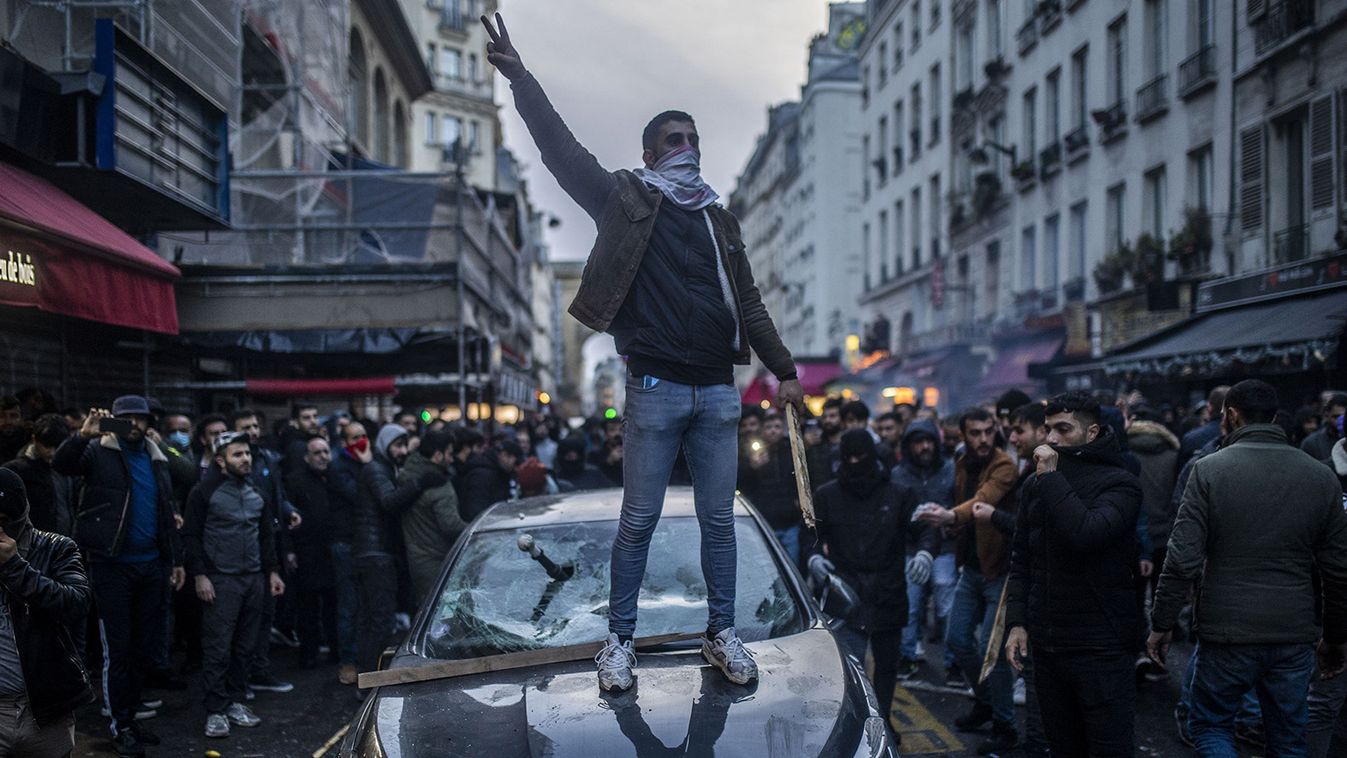

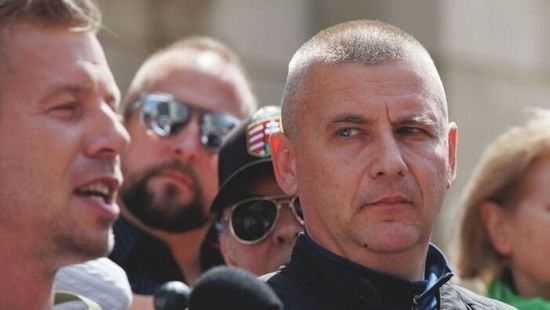

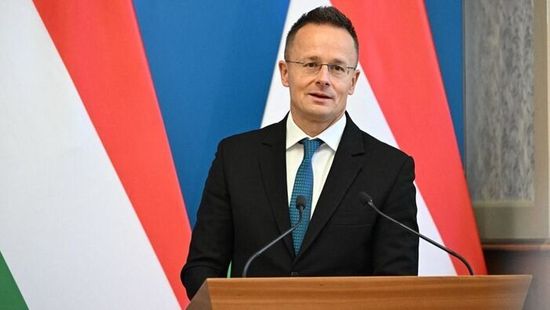


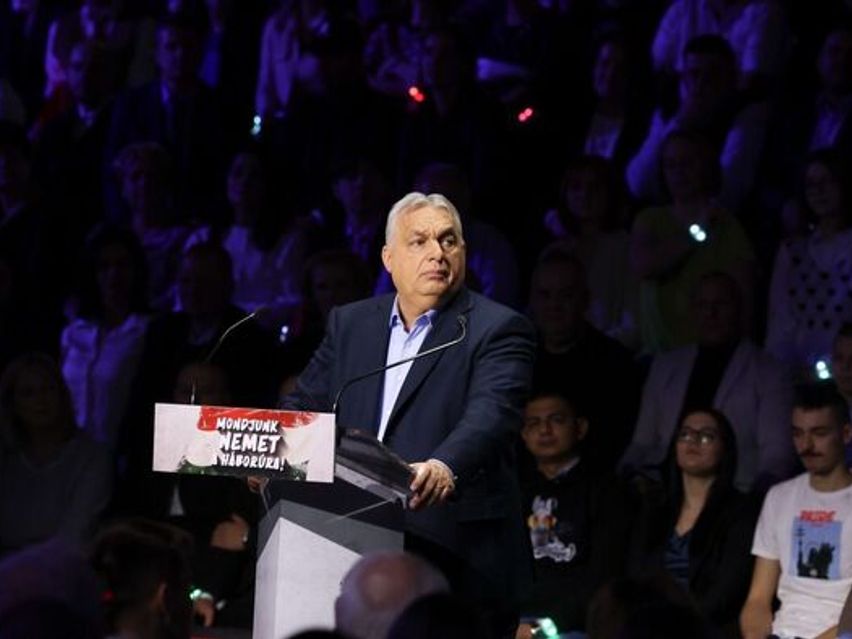
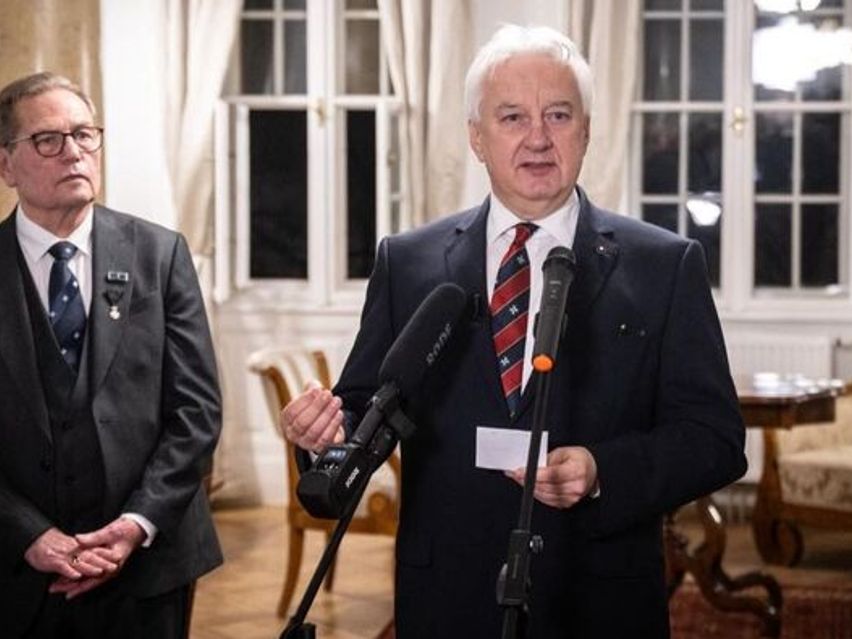
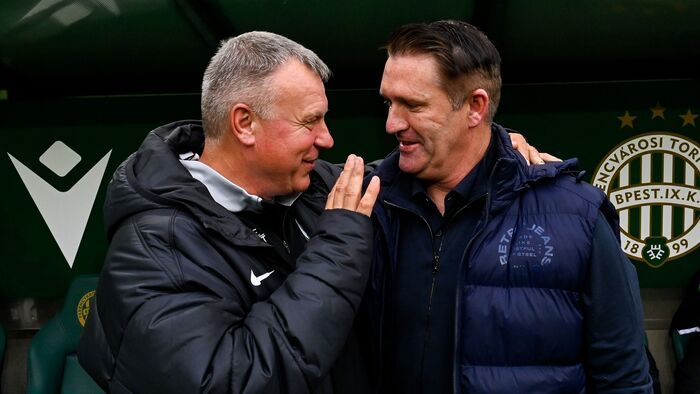

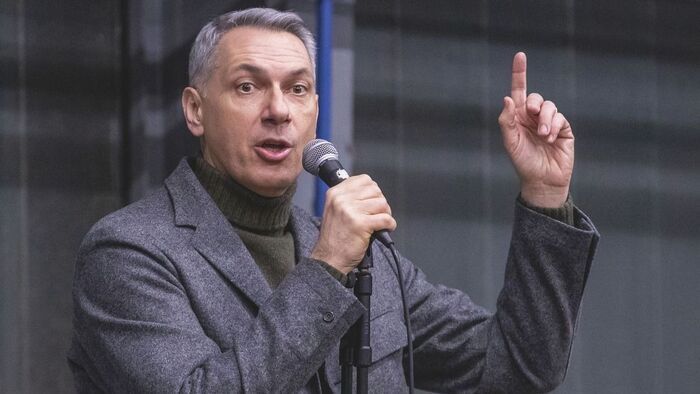
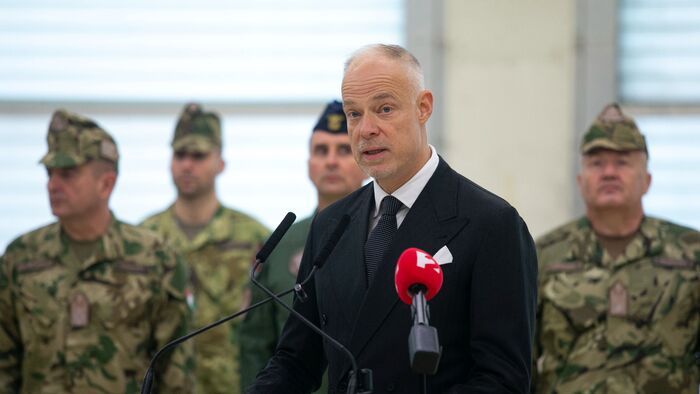


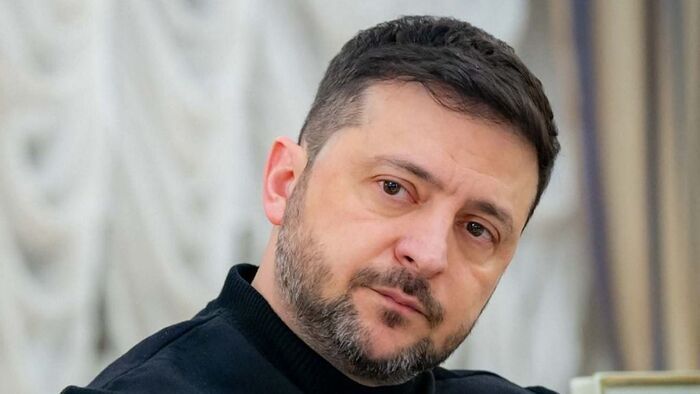
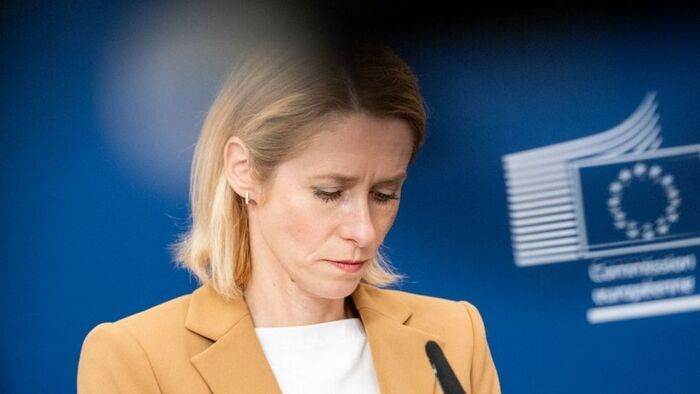
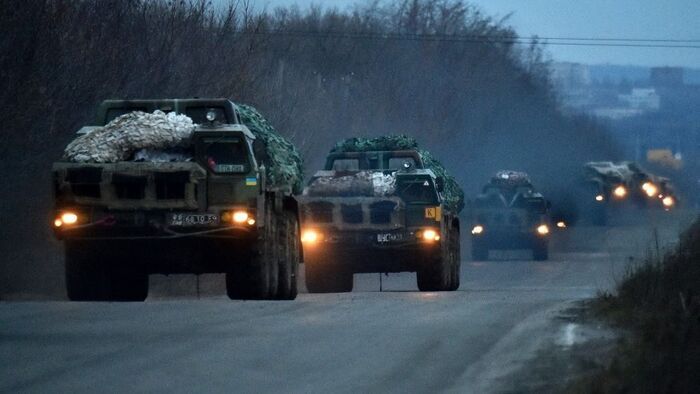


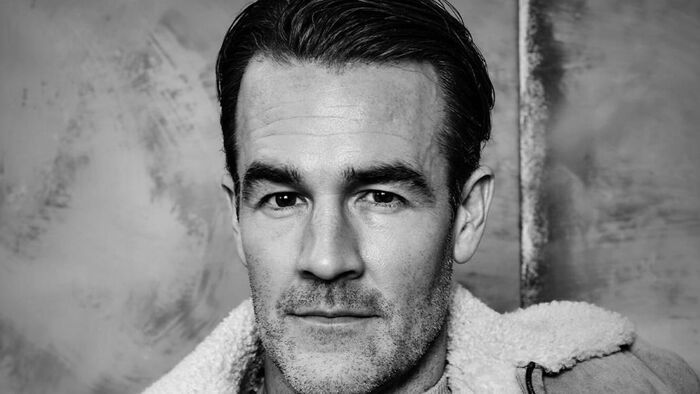
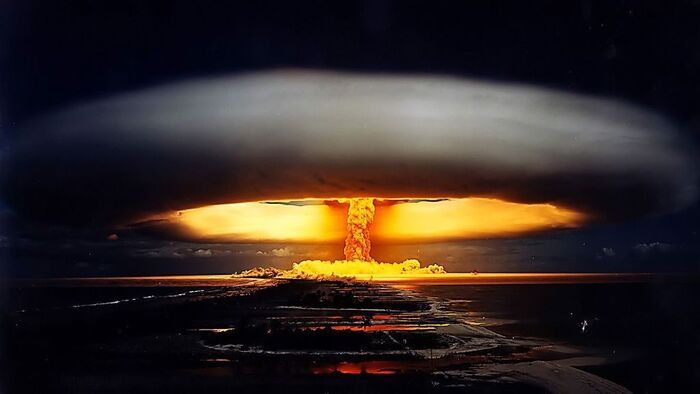

Szóljon hozzá!
Jelenleg csak a hozzászólások egy kis részét látja. Hozzászóláshoz és a további kommentek megtekintéséhez lépjen be, vagy regisztráljon!